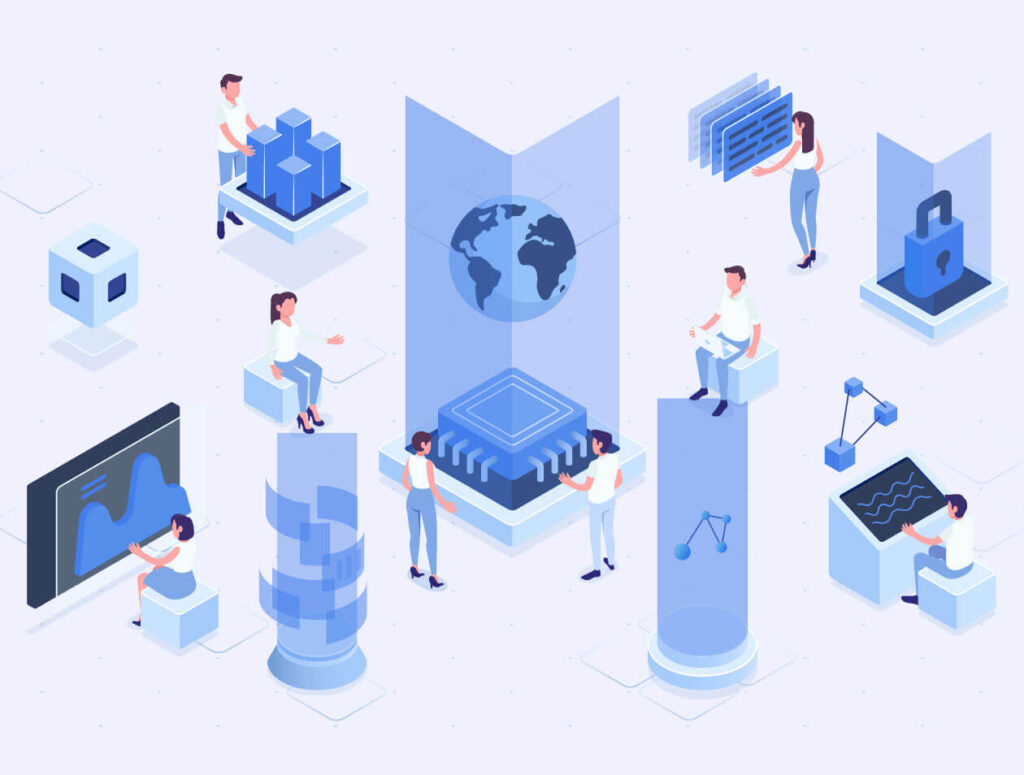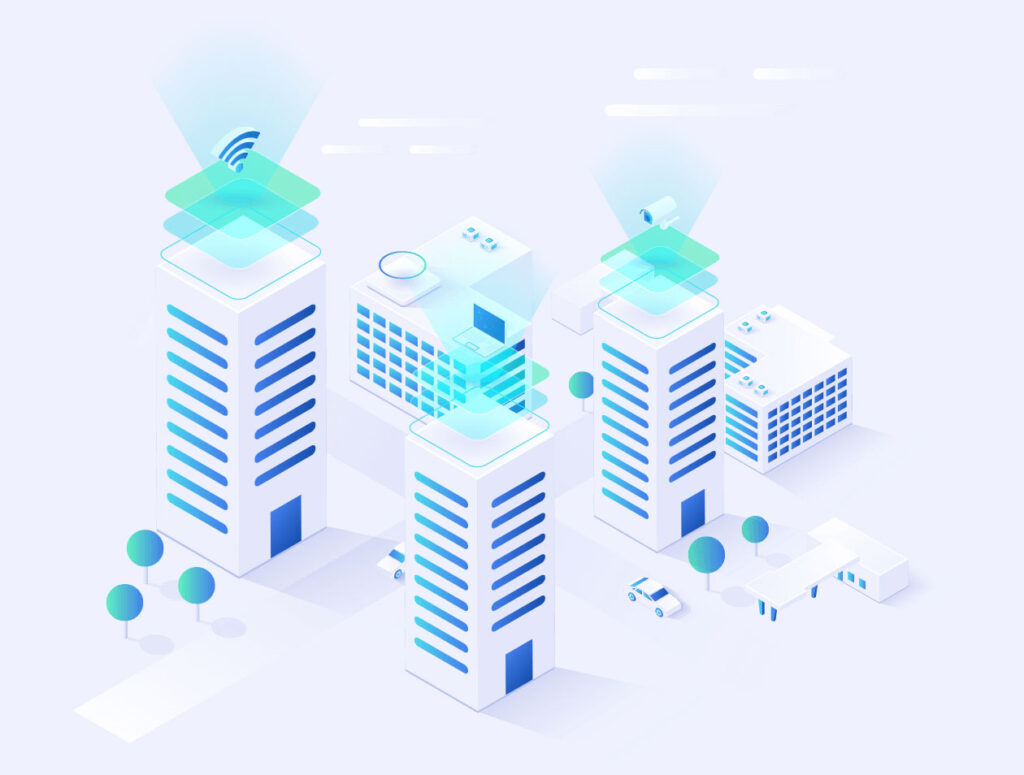LMSs weren’t built for this workforce. Adaptive Knowledge Intelligence is.
“Feeding every employee the same course is like prescribing aspirin for a broken leg.”
Observatis’s Adaptive Knowledge Intelligence delivers precision learning—where timing, relevance, and insight align.
In today’s workforce, static content libraries and one-size-fits-all learning platforms simply don’t cut it. Traditional LMSs often fail to adapt to each employee’s changing needs, challenges, and engagement levels. The result? Lost time, disengaged learners, and limited business impact.
Adaptive Knowledge Intelligence (AKI) represents a significant shift in how organizations approach workforce education—tailored, real-time, and rooted in data. At Observatis, AKI is the bridge between what an employee needs and when they need it, creating personalized knowledge experiences that fuel retention and performance.
Overloaded with irrelevant content
Organizations are struggling with fragmented learning strategies that treat knowledge as a checkbox activity. LMS fatigue is real—employees are overloaded with irrelevant content, while critical skill gaps persist.
Worse, many HR leaders have no insight into which learning efforts actually reduce turnover or improve job satisfaction.
What we can do?
Observatis’s Adaptive Knowledge Intelligence module goes beyond learning delivery. It identifies engagement, competency, and satisfaction gaps using our patented ML model—then assigns targeted knowledge interventions in real time.
No guesswork. No hunting through course catalogs. Just the right insights delivered to the right employees, at the right time.
Why It Matters?
Organizations that fail to adapt knowledge delivery to real-world needs see higher turnover and stagnant growth. Today’s workforce demands knowledge journeys that are agile, responsive, and personalized—not buried in outdated LMS frameworks.


Emerging Scientific Insights
Recent studies have demonstrated that personalized adaptive learning significantly enhances academic performance and student engagement. A scoping review highlighted that 59% of studies observed increased academic performance, while 36% reported heightened student engagement following the implementation of personalized adaptive learning strategies.
Adaptive learning technologies also improve knowledge retention by employing techniques such as spaced repetition and interactive learning activities—methods that reinforce learning over time for long-term retention.
Industry Signals from Recent Research
Harvard Business Review reported that traditional LMS adoption is under 30% among frontline workers and disengaged teams due to poor personalization and lack of relevance.
A McKinsey & Co. study found that only 20% of employees apply what they learn in traditional corporate training programs—primarily because content isn’t aligned to current performance gaps or career pathways.
According to a 2023 Deloitte Human Capital Trends report, 83% of organizations plan to shift from LMS-centered learning to AI-enabled, workflow-embedded knowledge delivery by 2026.
The National Science Foundation supports adaptive learning systems as a critical innovation for workforce upskilling, calling it “essential to real-time capability building in an era of constant change.”
Pioneers Lighting the Path
Several forward-thinking organizations are leading the shift toward adaptive, AI-driven knowledge strategies:
– Johnson & Johnson uses AI-driven ‘skills inference’ to assess capabilities and recommend learning.
– DHL applies AI to match current employee skills with training paths and open roles.
– Bank of America utilizes AI simulations to support skill building and performance feedback.
– Area9 Lyceum and Smart Sparrow develop adaptive learning platforms in collaboration with global organizations.
Your Engagement Action Blueprint
Here’s how you can start creating an adaptive learning environment in your organization:
- Audit your current LMS or learning ecosystem. What percentage of content is role- or goal-specific?
- Define critical workforce moments—new hire onboarding, manager transitions, retention flags.
- Partner with your analytics team to identify patterns in performance dips and disengagement.
- Invest in modular content that can be delivered dynamically based on AI inputs.
- Launch pilot programs to test knowledge interventions with high-turnover departments.
- Prioritize internal communications to support continuous learning as a value—not a checkbox.
Still relying on one-size-fits-all training systems?
We’ve built something smarter—adaptive learning tied directly to engagement and retention signals.
If you’re exploring what modern knowledge delivery could look like for your people, let’s connect.
Reference & Credits
Harvard Business Review. Why Employees Don’t Engage with Learning Systems.
McKinsey & Company. The State of Skills: 2023.
Deloitte Insights. 2023 Human Capital Trends Report.
National Science Foundation. Adaptive Learning Frameworks in Industry 4.0.
- Observatis ML Models & Data Frameworks (2024), internal IP documentation.




Anonymous
We’ve been pouring money into LMS platforms, but engagement and knowledge retention just aren’t there. Curious to see how Observatis flips this on its head.
Anonymous
Yes! Learning should be part of the workflow—not an extra tab on the intranet no one visits. Real-time relevance is the missing link.
Anonymous
I like the focus on adaptive delivery. Our teams need targeted nudges, not full courses they forget by Friday.
Anonymous
We’ve struggled with connecting learning outcomes to performance metrics. If Observatis can bridge that, it’s a big win.
Anonymous
This addresses a huge pain point. We’ve invested in content, but not in intelligence around how and when it’s delivered.
Anonymous
This approach could be powerful in healthcare and government—fields where timing and relevance of knowledge are literally mission-critical
ber365
Been playing around on ber365 and it’s pretty smooth. Check it out for yourself: ber365
pleypix
Pleypix, you’re alright by me. Just a simple platform and is pretty efficient. If you’re looking for this kind of platform, you will not regret choosing this. pleypix
xs88
Alright, xs88 – let’s see what you got! Putting you to the test! Let’s get that sweet sweet victory! xs88
gà chọi c1.com trực tiếp
Hey all, anyone checking out gà chọi c1.com trực tiếp? Let me know what you think! Always on the lookout for the best places to watch.
phjili
PHJili, huh? Heard it’s the new hotness. Gotta check it out and see what all the fuss is about. The link is: phjili